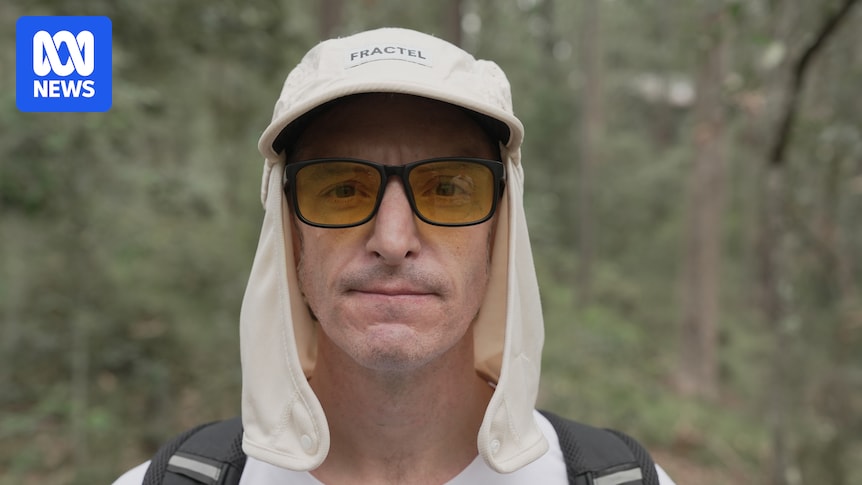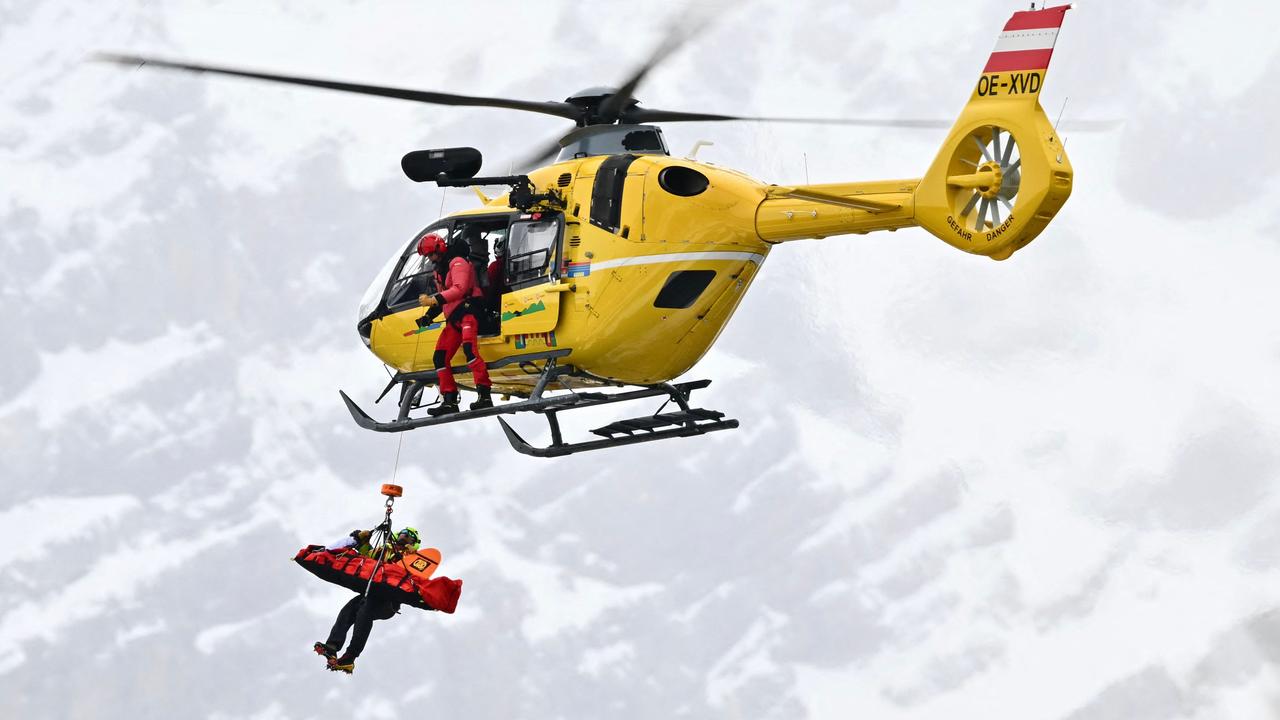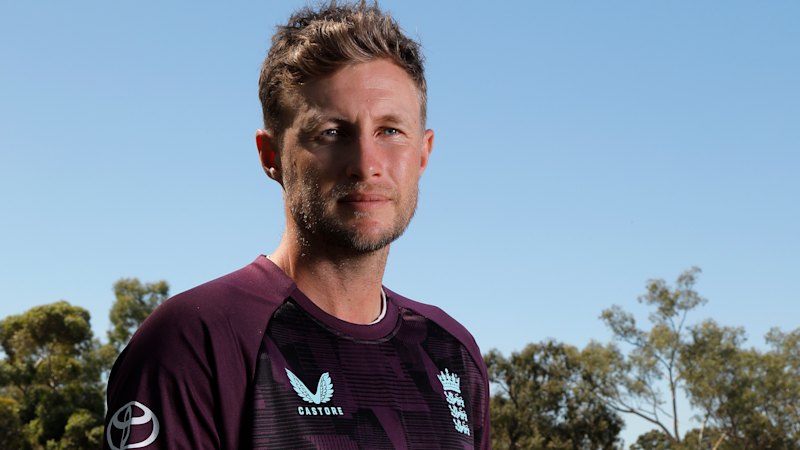
An ambitious effort is underway to bring precision and credibility to the sport of trail running, spearheaded by a University of Queensland research scientist. Raimundo Sanchez is meticulously mapping the trails around Brisbane’s Mount Coot-tha, aiming to establish a standard measurement system that could pave the way for the sport’s inclusion in the Olympic Games.
Dr. Sanchez, an avid trail runner himself, has traversed these trails hundreds of times equipped with a professional-grade GPS device. Unlike traditional marathons, which can be measured with calibrated bicycles, trail runs require advanced scientific and technological methods to ensure accuracy. “When you run in the trails, the mountains have a ragged shape and the complexity of the terrain makes it difficult to capture with regular tools,” Dr. Sanchez explained.
The Need for Standardization
Currently, there is no international standard for measuring trail running events, a gap that Dr. Sanchez believes is holding the sport back from gaining the recognition it deserves. “That’s what I’m trying to mitigate,” he stated. By developing a reproducible method to compare distances and elevation gains across different races worldwide, he hopes to bring consistency and fairness to the sport.
Trail run organizers currently employ various methods to measure and plot routes, ranging from computer-designed paths to those charted with GPS devices or smartwatches. However, not all GPS devices offer the same level of accuracy. A professional-grade GPS can measure within a few centimeters, while a typical smartwatch may vary by one to five meters. “It’s important to define which is the standard that we want to adopt,” Dr. Sanchez emphasized.
Implications for the Olympic Movement
The push for standardization is not just a technical endeavor; it is part of a larger campaign to include trail running in the 2032 Olympic Games in Brisbane. Michael Duggan, leading the campaign, hailed Sanchez’s research as a “world first” that could help athletes measure their performance against global benchmarks. “One of the things that we’ve really struggled with for a lot of years is the ability to be able to measure in a consistent way globally the types of trails that we run on,” Duggan noted.
Brisbane’s local Olympic organizing committee is expected to announce the six sports it will endorse for the 2032 Games within the next 18 months. Duggan is optimistic about trail running’s chances, citing its rapid growth, diversity, and the increasing number of enthusiasts joining the sport.
Looking Ahead
Dr. Sanchez recently tested his measurement method at the Brisbane Trail Marathon and plans to standardize all Queensland races in the coming months. “If we as a trail runner community want our sport to grow and to become a more mature sport, if we want our sport to get to the Olympics, we will need the sport to get serious and to develop and adopt certain standards like this one,” he asserted.
The announcement comes as the popularity of trail running continues to surge globally. As more people embrace the sport for its challenge and connection to nature, the need for standardized measurements becomes increasingly critical. This development follows a broader trend in sports to ensure fairness and accuracy in competition, aligning with international efforts to include diverse sports in the Olympic arena.
As the campaign for Olympic inclusion gains momentum, the work of researchers like Dr. Sanchez could be pivotal in shaping the future of trail running. By establishing a universally accepted standard, the sport could not only gain Olympic recognition but also elevate its status and integrity worldwide.





